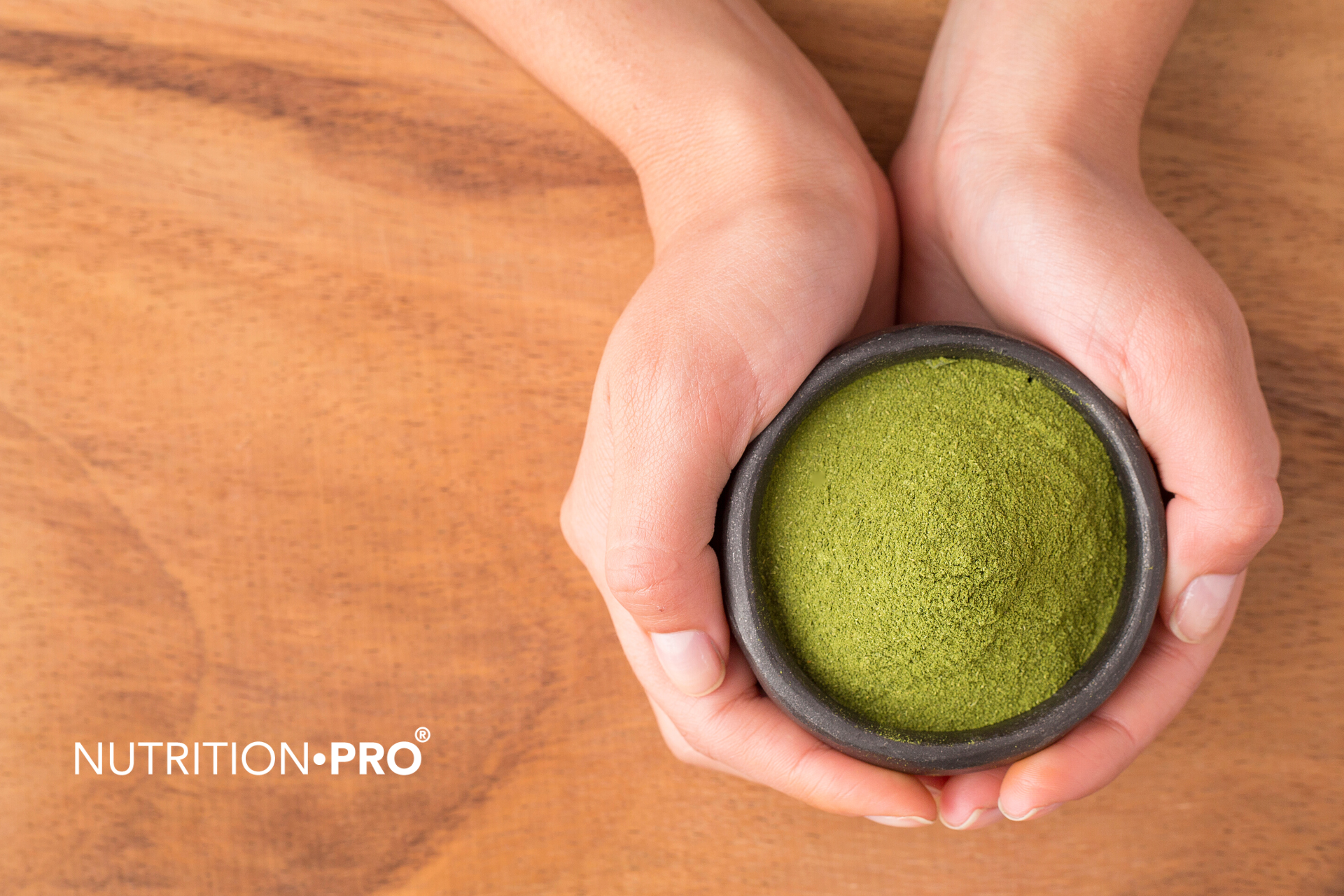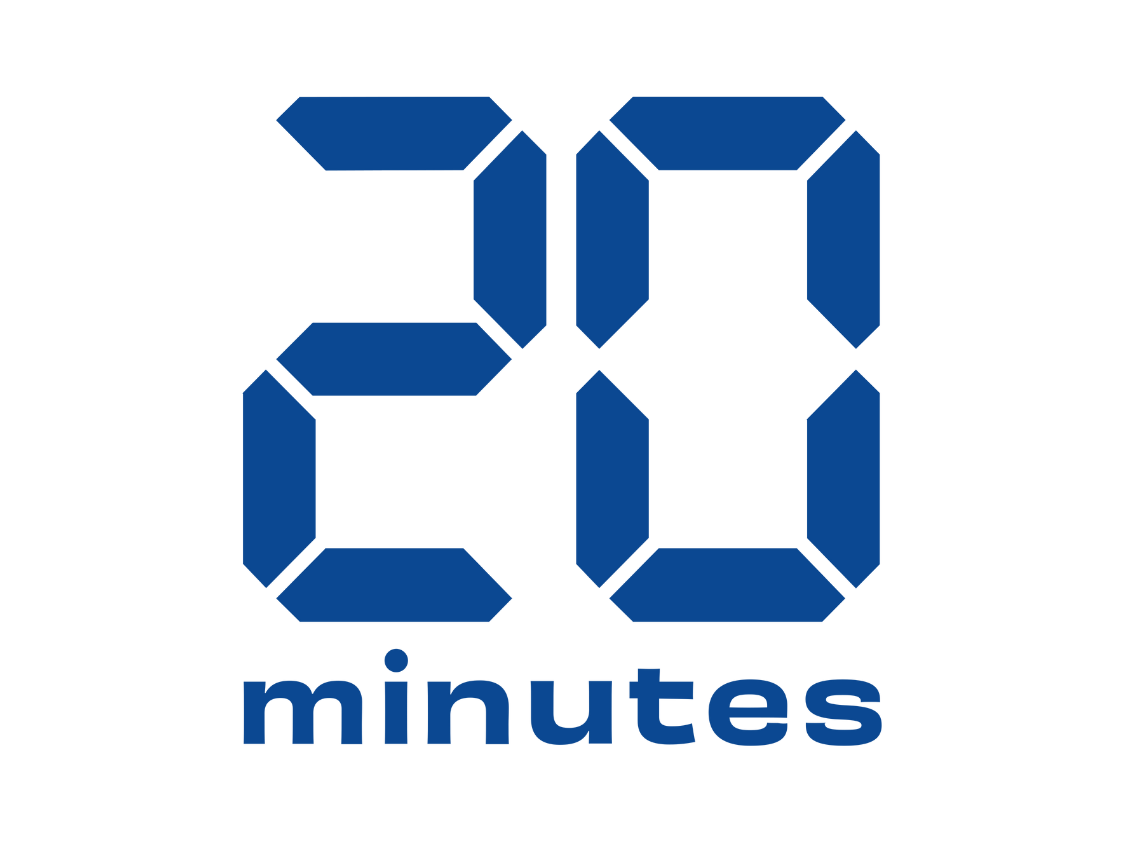Being hungry is a natural feeling. It's even a sign of a functioning metabolism when the intervals are regular throughout the day.
But being hungry all the time , even after a meal, shows that something is wrong with your nutritional intake or psychosocial well-being. And it can be super boring!
Here we analyze the symptoms, causes and solutions to constant hunger .

DISCOVER PURE KONJAC, A NATURAL APPETITE SUPPRESSANT IN CLICKING HERE
1. YOU ARE NOT EATING ENOUGH FIBER
Cause: Fiber is one of the most filling parts of food. Fiber affects gastrointestinal and metabolic health. Fiber (and protein) takes effort to digest, which means you burn calories digesting it.
Because fiber-rich foods last longer in the gut, you'll also feel full longer . New research is also analyzing the role of healthy bacteria naturally found in whole grains. It seems that a healthy gut biome contributes to a healthy brain.
Since overeating is linked to emotional instability, fiber could be a double whammy against constant hunger!
Solution : Replace some of your regular grains with higher fiber options. Here are some good substitutions:
- Buckwheat, bulgur or quinoa for white rice
- Hazelnut or oatmeal bread for traditional bread
- A side of beans instead of a bun
- Add fruits and nuts to your regular oats
- Sprinkle seeds (sesame, flax, chia) over everything
- Eat your vegetables with the peels (e.g. cucumber, zucchini, etc.)
2. YOU ARE NOT EATING ENOUGH PROTEIN
Cause: While most people eat protein during lunches and dinners, they rarely add it to their snacks and breakfasts. Studies show that increased protein intake leads to increased satiety and reduced overall calories.
Scientists are currently studying the protein leverage theory, which states that our bodies don't signal leptin until we eat enough protein. If this theory is correct, you might only feel satisfied after consuming enough protein!
Solution : First, determine the ratio of protein to carbs to fat you probably need. The general rules for macronutrients are 30% protein, 30% fat, and 40% carbs . Aim to consume 20-30 grams of protein per meal and 15 grams for snacks.
A medium grilled chicken breast contains 20-30 grams of protein.
However, if you are constantly hungry, exercise a lot, try to build muscle mass or are underweight, you can make 40% of your daily protein intake. Second, be creative with your meals. Adding vegan and vegetarian protein from animal sources is an easy way to add protein to snacks and meals.
3. YOU EAT WITHOUT THINKING
Cause : A conscious eater concentrates and engages in the act of tasting, chewing, and ingesting meals. Eating mindlessly is the opposite: eating distractedly or quickly.
Most people's bodies take about 20 minutes to recognize glucose in food. When glucose is recognized, leptin is released and you will begin to feel full .
Watching television, eating while driving, or doing other things while eating can distract you from physical feelings of fullness.
Solution : Be present in your meals! This number one recommendation is to eat without distractions. However, most of us enjoy some entertainment with our meals, like chatting with our partner or catching up on the daily news. Here are other ways to eat mindfully, even in combination with other activities:
- Put the utensils down from time to time to give your belly time to digest
- Comment on or recognize the taste, smell and texture of food
- Stop ads or pause between videos to check your fullness
- Limit yourself to a number of distractions, such as only spending 10 minutes on social media, watching only one YouTube video, or limiting reading to headlines.
4. YOU TRY TO EAT “HEALTHY”
Cause : There are no "healthy" or "clean" foods. Some foods are more processed than others, but they're not always healthier.
“Clean” or “healthy” foods are not always filling. Behavior analysts rank common foods on an index of satiety – “clean” and “unhealthy” foods. Most people also have their own internal satiety index.
For example, do you like sweet potatoes more than white potatoes? Then sweet potatoes are probably more filling for you! Studies show that when people eat foods that are truly satisfying to them, they generally eat less.
Solution : Honor your hunger! If you try not to eat “unhealthy” cereal with milk, you might eat an apple, a granola bar, carrots with hummus…and then another apple. If you had just eaten the bowl of cereal in the first place, you would probably have consumed fewer calories. And, you wouldn't be hungry all the time. Eating whatever you want is NOT "indulging". It's what suits your body and mind.
5. YOU ARE NOT HYDRATED ENOUGH
Cause : The hypothalamus (part of the diencephalon and the most important control center of the autonomic nervous system) regulates both hunger and thirst. Many people think that we can confuse thirst with hunger because both are controlled by the hypothalamus. This belief is unproven.
One study showed little evidence of such uncertainty in animals and no study concludes that such a phenomenon exists in humans. In fact, being thirsty can make people less eager for certain foods (like dry foods).
But being thirsty will affect cognitive and physical performance, causing you to crave nutrition to compensate for fatigue.
Solution : Drink enough water throughout the day. Drinking a glass of water before a meal or drinking water while trying not to snack will probably make you more hungry. Don't give yourself the chance to doubt or confuse your hunger cues; Stay hydrated.
6. YOU EAT IRREGULARLY
Cause : It's natural to vary your daily calorie intake. The old belief that you have to consume a certain amount of calories or macros each day is replaced by weekly and monthly intake goals (especially for women). However, irregular eating habits can alter the stomach's sensitivity to food.
If we eat several large meals in a row, our stomach can adapt to a different feeling of fullness. On the other hand, if we only eat small meals, our gut could be telling us that it is full before we have enough nutrition.
Solution : Before creating a rigid meal plan, try intuitive eating . We learn to listen to our body's natural signals of hunger and fullness when we practice intuitive eating. Intuitive eaters are less likely to overeat.
If you have a big meal one day, try not to restrict calories the next day. This will only cause more confusion along the digestive tract. You may be less hungry, which is reasonable, but don't skip meals trying to "catch up" on the night before.
When you're unsure of your regular intake, you might consider using a food diary or app to track your intake over the course of a day, week, and month. Tracking your intake helps with self-awareness, but should not inspire restrictive or controlling eating behaviors.
Check if you're getting enough food throughout the day, enough macro and micronutrients, and when you're most likely to snack. These serve as data points for future food choices.
Three main meals and possibly one or two snacks a day are the best way to control your hunger.
7. YOU TAKE MEDICATIONS
Cause : Certain medications, such as antidepressants, can stimulate appetite and hunger . Always consult your doctor or psychiatrist about the side effects of pharmaceutical medications and coping techniques.
Solution : Eat more protein and more nutrient-dense, low-density foods (like fruits and vegetables). Thus, many studies show that higher amounts of protein lead to a more favorable body fat percentage . Snacking on fruits and vegetables throughout the day can help satisfy the unnatural urge to eat. And exercise will help your body metabolize excess calories into functional muscle.
You're taking the drug for a reason, so it's okay if your diet has to change to adapt. Keep your eyes on the prize (overall health) and modify your lifestyle. You are on the good road !
8. YOU EAT EMOTIONALLY
Cause : “Comfort food” isn't just a saying; humans are wired to crave tasty and filling foods.
But it's not always easy to separate the emotional cues to eat from the physical cues, especially during times of stress, boredom or fatigue. It can be easier to eat our problems than to examine them. And many of these emotional urges occur unconsciously.
Therapists recognize that humans have primary and secondary emotions. The primary emotions are anger, fear, sadness, disgust, surprise, anticipation, confidence, and joy. They are how we feel about an external incident.
Secondary emotions are feelings resulting from primary emotions. Secondary emotions can help us cope with the primary emotion by distracting us, acting out, or changing our perspective.
For example, you may be sad to lose a loved one. Instead of sitting with this feeling, you use food or hunger as a way to cope. You'd rather smell the food than feel the initial emotion, and the act of eating gives us a sense of control and agency.
Solution : Analyze your hunger cues to determine if they are neurobiological, social or oral cues. If you don't have a physical feeling of hunger, if you're not with friends in a situation to eat, and chewing on a toothpick doesn't satisfy you, your appetite may be driven by your emotions. If so, sit down with the feeling before you go to the fridge. You can also use a journal to write down your thoughts.
Ask yourself more questions: How am I feeling right now? Where does this feeling come from? Will eating help? What else could help too?
Consider learning new ways to manage your emotions. Coping techniques will likely be directly related to your initial feeling. If the emotion is fear, you can wrap yourself in a blanket and watch a feel-good movie. If it's anger, you may need a workout to let off steam. If it's joy, you can call your grandmother to share the good news.
A relaxed walk with a friend can relieve sadness. Only you know how to calm yourself down. Maybe it's eating, or maybe it's something else. Give yourself a space to explore!
9. MEDIA AND SOCIAL NETWORKS TEMPT YOU
Cause : From Instagram to every other social network, our society is obsessed with food: its creation, its ingestion, and its imagery. Which is fun until you're filled with the desire to eat luxurious brownies or grilled meat ribs every time you open your phone. “Food porn” is a real and unique thing for younger generations. Studies show that the mere sight of food can make you want to eat it.
Additionally, most of us scroll through social media when we're already bored, tired, or looking for a dissociative distraction. What else serves these emotional needs? To eat ! Images of food on social media or on TV appeal to us when we are predisposed to seek emotional relief.
Solution : Start by avoiding social media when you are already emotionally compromised. If you see images of food, allow yourself to enjoy them for comedy or art, but recognize that any mental hunger you might feel may be chemical (as opposed to biological). And if you decide to snack, do it consciously and without guilt. Ask yourself whether or not it satisfied your desire. Store this data as a reference for future instances where you might be tempted by “food porn”.
The casual enjoyment of beautiful food images comes naturally to humans. But the inability to look away and search for such photos very frequently can be a sign of food obsession. A preoccupation with thinking about food can be a sign of undernourishment, undernourishment, or an eating disorder.
10. REMOVE FOOD GROUPS FROM YOUR DIET
Cause : Studies have shown that people who cut out whole food groups, such as bread or gluten-containing products, are less likely to maintain healthy eating habits .
When people view food as "bad" or "good," they tend to lose control of their food decisions. Dichotomous beliefs about food and diet are linked to rigid food restrictions, which impede a person's ability to maintain long-term weight and food intake.
Solution : Take the time to review your rules regarding food and eating. Do you think you should avoid certain foods, even if your body and mind crave them? How does this avoidance affect your inability to say “no” to other snacks or to “stop” when eating them?
If you feel you are restricting foods or groups, try incorporating them into your diet. You may find that you eat less of everything when you eat what your heart, guts, and mind desire.
11. YOU ARE IN YOUR LUTEAL PHASE
Cause : Unlike men, women's bodies work on a 28-day cycle. As such, men benefit from eating a similar amount of food each day. On the other hand, women should eat more or less food depending on their flow.
The luteal phase occurs about a week before menstruation. Women's bodies work on overload, so they have a higher basal metabolic rate and need more food to stay energized.
Solution : Know your cycle and feed it! Eat plenty of nutrient-dense foods during this phase. Satisfying your craving for something less nutritious also helps keep you from going back to the pantry. If you crave chocolate, eat it! Your body knows what is best.
12. YOU MAY BE EXTREMELY HUNGER
Cause : Months and years of inadequate nutrition can lead to a clinical diagnosis of extreme hunger . It most commonly occurs after dieting or under-eating but can also be caused by long-term malnutrition (such as poorly executed vegetarianism). When undernourished, the body produces more ghrelin. As this need continues to be denied or unmet, less leptin is released.
Eventually, the body will undergo a metabolic adaptation. To conserve energy, it will stop producing ghrelin and stop sending energy-draining hunger signals, like a growling stomach. The body will function better with fewer calories, but this will come at the expense of vitality. It will drain energy from brain cells and muscles. The infamous Minnesota Semi-Starvation Study shows that undernourished people become obsessed with food, less consistent, and physically incapacitated.
Unfortunately, metabolic adaptation takes time to reverse. Initially, when enough calories are consumed again, the body stores everything as fat because it believes it is starving. He will cling to whatever he can get.
Solution : If you suspect you're suffering from extreme hunger, it's essential to see a registered dietitian for help with metabolic recovery. It is essential to listen to all the food signals that your body sends. At first, you will eat frequently and unlike what you had in the past. Eventually, the body will find its new target weight, stop storing food, recover its hunger cues, and recompose fat into muscle.
CONCLUSION
Being hungry all the time is not a sign that your body is broken or confused. It is a sign that your mind or body is not satisfied and wants more. You may not be getting enough food or nutrients. You may also not be getting enough sleep, resting, or releasing enough of your emotions.
When you deny your urge to eat, you are denying something within you that calls for your attention. The call will become more and more intense until it is satisfied. And if it never gets full, your body will down-regulate hunger, hormones, and metabolism.
Being constantly hungry and snacking is not the same as overeating and gorging. Don't be afraid of a "slippery slope" if you feel hungry after eating and want to eat again. You might just need to eat or think about your emotions. Rigid thinking often leads to more compulsive eating behaviors.
To increase your feelings of fullness, try changing your diet to get more regular and complete nutrition throughout the day in your meals and snacks. Find balanced portions with protein, fiber and fat. Take care of your mental health as well as your diet. Be curious, forgiving, and mindful of your impulses. Listen to yourself, not diet culture!














